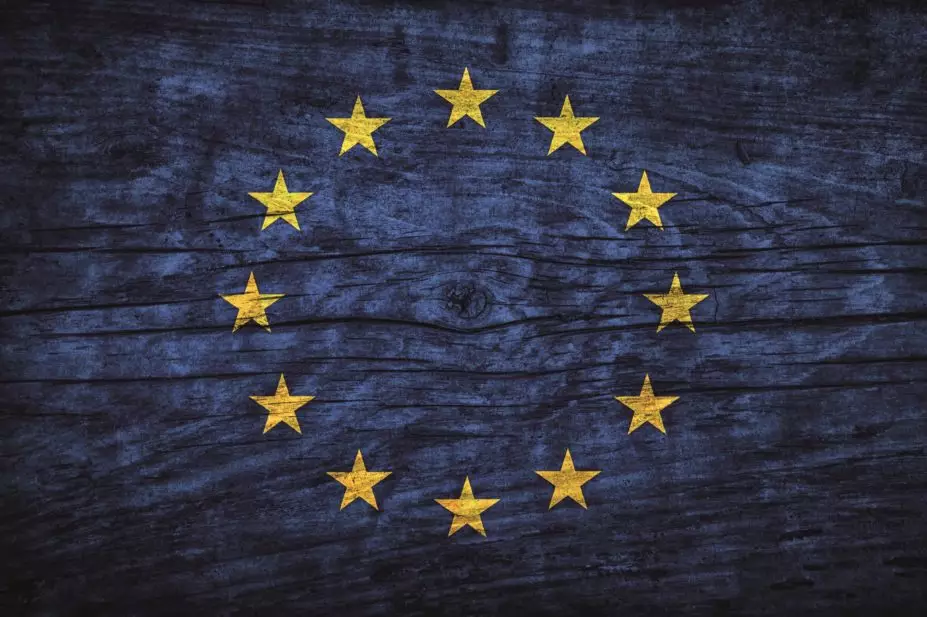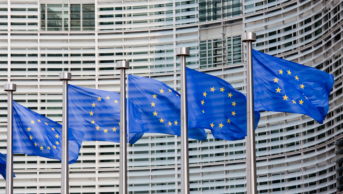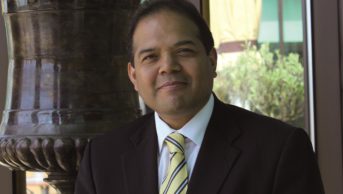
Shutterstock.com
The European Commission (EC) has released a document outlining how it plans to use scientific advice in forming policy. The proposed mechanism fills the void created when EC President Jean-Claude Juncker scrapped the key advisory role of chief scientific adviser (CSA) at the beginning of his term of office in November 2014.
In the document, Carlos Moedas, the commissioner responsible for research and innovation, has proposed the establishment of a high level group of scientists to improve the EC’s interaction with the scientific community, one with aims of being independent, transparent and scientifically objective. The group is due to be in place from autumn 2015, but not much detail has been provided about how it will work.
Juncker was widely criticised for his decision to abolish the role of CSA, a position held by British cell biologist Anne Glover.
In July 2014, a group of non-government organisations wrote to Juncker, then President-Elect, to urge him to do away with the CSA role, suggesting it placed too much power in the hands of one person. Most perplexing was that President Juncker also disbanded a science and technology advisory council that Glover set up to offer independent advice across a range of disciplines.
It appears that a similar, casual approach to scientific advice is now being pursued by the EC. There will also be a “structured relationship” with advisory bodies in member states, but this suggestion also lacks detail. There is no consistency across Europe in how national governments seek scientific advice — individual advisers, committees and scientific academies are among the mix.
According to Moedas’s proposal, any mechanism for scientific advice should take into account the different national perspectives that are characteristic of the European Union. Certainly the principle of subsidiarity is central to EU decision-making; yet, when considering evidence, national dispositions should not temper the message. Scientific evidence must hold sway in spite of differing opinions, not be influenced by them.
Now, the EC must produce a detailed plan to define how the group will interact with the EC, and to what extent their findings will shape policy.


